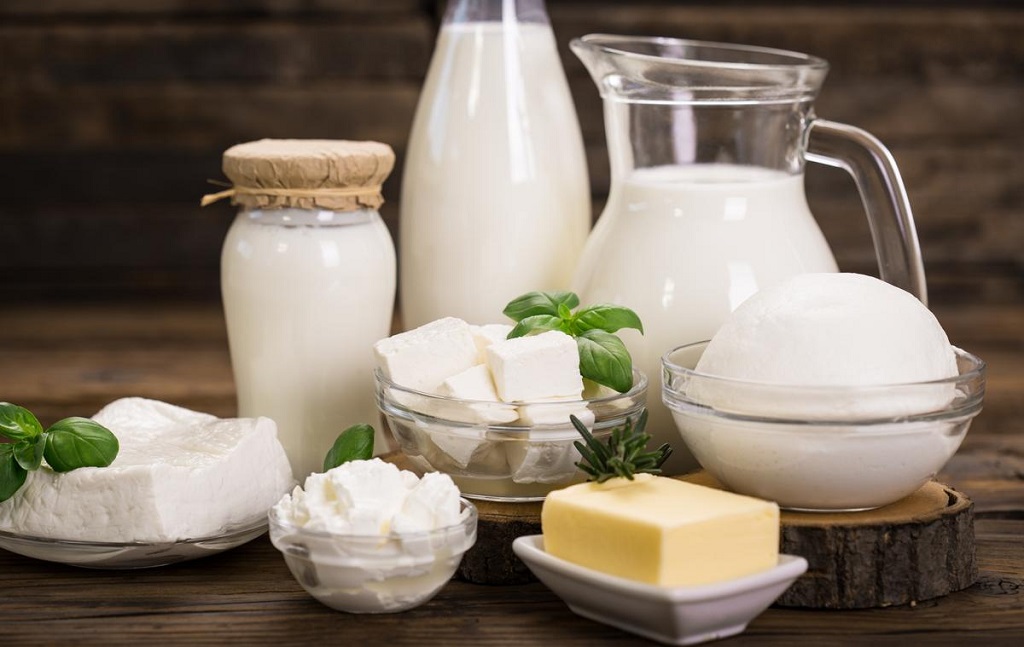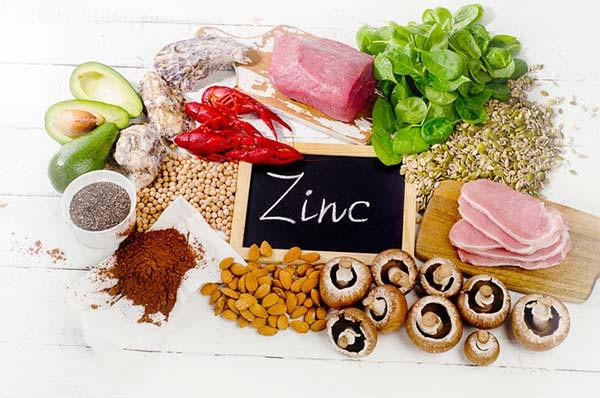Zinc is often called the “unsung hero” of essential nutrients, yet this vital trace mineral plays a monumental role in nearly every corner of your body’s health. Though required in small amounts, its nutritional value is vast, impacting over 300 enzymes critical for growth, metabolism, and defense. From the moment you ward off a common cold to the complex process of healing a minor cut, zinc is working behind the scenes. Its most celebrated function is supporting a robust immune system, but the vast benefits of zinc extend far beyond, influencing everything from your ability to taste and smell to the health of your skin. Getting enough zinc isn’t just about avoiding deficiency; it’s about unlocking optimal vitality and ensuring your body’s fundamental processes run at their best. Let’s explore why this powerhouse nutrient deserves a prime spot in your diet.
What is the daily requirement of zinc
The recommended daily intake (RDA) of zinc varies depending on age, sex, and life stage.
Based on data from the National Institutes of Health (NIH), here are the general daily requirements for adults:
| Life Stage | Recommended Dietary Allowance (RDA) in Milligrams (mg/day) |
| Adult Men (19+ years) | 11 mg |
| Adult Women (19+ years) | 8 mg |
| Pregnant Women | 11 mg |
| Breastfeeding Women | 12 mg |
| Teen Males (14–18 years) | 11 mg |
| Teen Females (14–18 years) | 9 mg |
The most important foods rich in zinc
It is necessary to include foods rich in zinc in your diet, due to its many health benefits, and the most prominent sources of zinc are:
1.meats
Meat, poultry and seafood such as oysters are an excellent source of zinc.
Each 100 grams of ground beef contains 4.8 milligrams of zinc, which is 43% of the recommended daily intake of this mineral.
In addition, meat is one of the foods rich in other nutrients necessary for the body, such as: protein, vitamin D and vitamin B group.
But it is important to eat unprocessed meat and stay away from processed ones in order for your diet to be balanced and contain other food groups.
2.Legumes
Legumes of all kinds are rich in zinc, as every 100 grams of cooked lentils contains 12% of the recommended daily intake of zinc.
It should be noted that legumes also contain a substance called phytate, which hinders the absorption of zinc in the body, so your body will not benefit much from it.
This means that plant sources of zinc are less efficient, or less absorbed in the body, than animal sources.
3.Nuts
Eating nuts enhances zinc levels in the human body, due to its high levels in them, such as: almonds, peanuts, and cashews.
Cashews are one of the best sources of zinc, as each 28 grams contains 14% of the recommended daily intake of zinc.
In addition, nuts are characterized by important nutrients, such as: healthy fats, dietary fiber, and some vitamins and minerals.
4.Eggs
Eggs contain a moderate amount of zinc, as each large egg contains approximately 5% of the recommended daily serving.
Eggs have many health benefits due to the minerals, vitamins and healthy fats they contain, but they should be eaten in moderation.
5.Dark Chocolate
Did you know that each 100 grams of dark chocolate contains 3.3 milligrams of zinc, which is about 30% of the daily serving?
Unfortunately, chocolate is high-calorie, as every 100 grams is rich in about 600 calories, so it is not the best source of zinc.
6.Dairy products

Dairy products contain many important nutritional values necessary for human health, and are also rich in zinc.
It is noteworthy that the zinc contained in these products is absorbed by the body very effectively, unlike the plant products that have already been mentioned.
Other foods that contain a small amount of zinc
Some foods contain as low amounts of zinc, as some vegetables, including: potatoes, sweet potatoes, kale, and green beans.
And some fruits, such as: avocado, blackberries, pomegranates, kiwi, and melons.
What are zinc side effects?
Taking zinc supplements in addition to the zinc you get in your diet could lead to problems. Getting too much zinc can cause side effects like:
Copper and magnesium deficiencies.
Headaches.
Loss of appetite.
Low HDL (“good cholesterol”) levels.
Upset stomach, including nausea, vomiting and diarrhea.
Worsening immune function that leads to increased infections.
Always check with a healthcare provider before taking any supplement. “Use caution with the use of standalone zinc supplements. You don’t want to risk getting too much and having side effects,” says Zumpano.
But if you’re worried about a zinc deficiency due to dietary choices or health conditions, your provider can order a blood test to check your zinc levels.
read more about benefits of vitamin E
